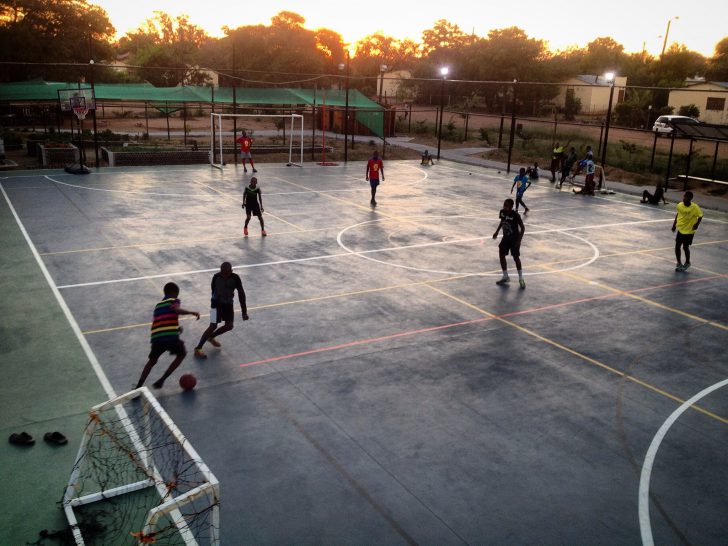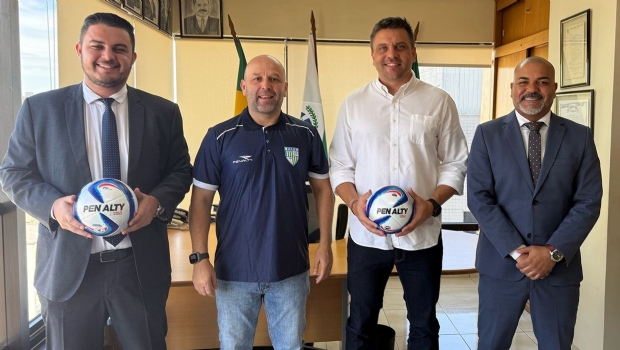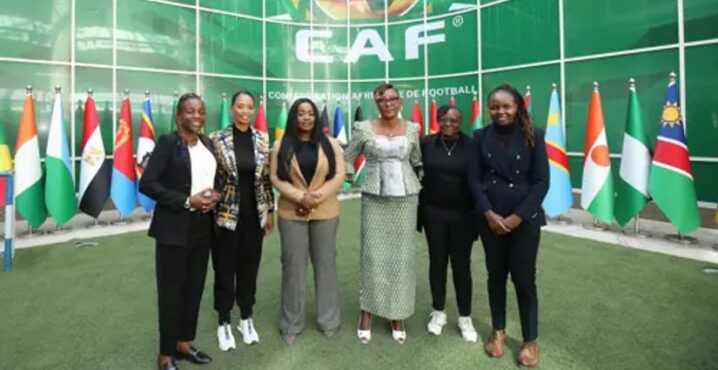Estimated reading time:7 minutes, 47 seconds
Botswana’s First Bontleng Futsal court/park, a 100 percent solar-powered park that prides itself on having 21 sheltering stinkwood trees, an underground water cistern that can hold up to 50,000 litters of rainwater harvested using the surface of the futsal court. In addition to flourishing vegetable and aquaponics gardens, all of which have benefited over 650 children within the community of Bontleng.
Driven by the desire to use sports to address social challenges faced by underprivileged children in urban and rural communities, a group of young people with a love for sports and the environment came together and built Botswana’s First Bontleng Futsal court/ park in 2014.
Swift Mpoloka, co-founder and chairman of the Pula Sports Development Association, which is responsible for the First Bontleng Futsal Park said that they realized early on the massive influence that sport has in community development as it can promote economic empowerment while keeping children from crime and substance abuse.
To date, the 100 percent solar-powered park that prides itself on having 21 sheltering stinkwood trees, an underground water cistern that can hold up 50,000 litters of rainwater harvested using the surface of the futsal court, and flourishing vegetable and aquaponics gardens, has since benefited over 650 children within the community of Bontleng.
Swift Mpoloka, co-founder and chairman of Pula Sports Development Association, said,
“Stop complaining and start doing, be the change you want to see. It started with myself, Sobukwe Mothobi, Ruri Groth, Malebo Raditladi, and Tymon Makofi. We came together because a lot of people are complaining about the alcohol and drugs in Botswana, but no one is doing anything about it. So we said let’s use sports as a pull factor to address social challenges in underprivileged communities. That’s why we formed Pula Sports Development Association. Then we said let’s build a futsal park that is also an educational and environmentally forward-leading park.”
What motivates him and his team are the advantages of sports on childhood development. Sports contribute to the reduction of depression and anxiety while instilling confidence and resilience, especially at a time when COVID-19 has disrupted communities.
“We also have an early childhood development program that empowers 72 children on a monthly basis,” said Mpoloka, adding that this was made possible by social impact partnerships with the Bontleng Village Development Committee (VDC), UNICEF, Now for Them and Learn To Play.
Through their partnership with Learn To Play, Mpoloka said they approach early childhood development at a child, caregiver, and community level.
Mothers, called Mamapreneurs, were trained to establish community-initiated playgroups. All play and learn resources they were given to run the playgroup at the park were developed primarily using recyclable and reusable materials, as well as natural materials from the children’s local environment.
The resources given also include a daily activity guide with culturally sustainable play and mindfulness at its core, a low-cost resource development guide, stories, and other learning tools.
For the Pula Sports Development Association, things were not always easy as they initially faced funding and environmental education problems.
“When we started, we faced resistance from the community level, public sector, and private sector levels, as they did not understand the innovative, environmentally friendly infrastructure project we envisioned,” said Mpoloka.
However, after educating all relevant stakeholders, Mpoloka said the community buy-in was phenomenal. The Futsal court/ park was also launched through partnerships with the Rotary Club of Gaborone, Rotary Clubs Rivermead (Chelmsford), Ingatestone, Clacton-on-Sea, and Dunmow in Essex, UK.
What Mpoloka and his team are now planning to do is to implement their urban and rural community strategy of mushrooming off-the-grid community sports parks in communities that really need them across the country.
Climate action will continue to be a common factor in their projects as they want to empower children with the skills and knowledge, and ensure sustainable change for the sake of generations that will come after them, he said.
“Being off the grid-enabled us to survive droughts and has saved us the trouble of paying water and electricity bills. Sustainable Development Goal 2 is zero hunger, so pre-COVID-19 we planted sweet potatoes, spinach, fresh herbs, and pumpkin. Currently, we have an aquaponic system that has tilapia fish which offers the community protein,” he said.
The objective of their garden was to showcase and inspire backyard gardening, as they view sustenance farming as an important element in food security, he said.
The park also believes in recycling and segregating waste at the source. The medical waste, tires, beer bottles, and cans recycled before have since been used in the venue’s Earthship construction.
The park also boasts of dry compost toilets that allow them to convert human waste into fertiliser as opposed to using pit latrines that are detrimental to the environment and subsequently human health.
Talking with the media, Swift Mpoloka was asked:
On a personal level, why are you so passionate about the project?
Look I didn’t do well in school. I felt like I was misplaced. But I think there is a place in the world for children who love sport, that love the arts; that want to dance and paint. I said ‘let me make that happen, let me give children a space that the educational system isn’t catering for.’
Also if we want our country to compete on a global scale in sports we have to start at a grassroots level. We are losing talent by saying children only need to be mainstream educated. We need a balance.
What makes it an environmental park too?
The surface of the futsal court is actually 600 square metres and it acts as a water catchment area. The gutters run underneath the lapa where there is a 46, 000-liter rainwater tank. Pula Sports wanted a green space. It’s important to teach children to take care of their environment as well as play sports. That’s why we did eco-buildings and built them with beer bottles. You might think it is trash but actually, you can build with it.
We also did solar power. The sports seats are given shade by the solar panels and then that gives power to the pitch flood lights. The loos are eco-dry compost toilets. We are off the grid completely.
How did Pula Sports get funding for The First Bontleng Futsal Park?
We sourced it from various private sector entities that paid directly for building materials. We asked them to get on board with a self-sustaining park that brings about social change.
The land is city council land and because we have added value to the community they have provided us with a security guard.
The great thing now is that corporates book the space and that is how we pay the park manager. So you see if it’s to last it needs to be self-sustaining.
What does Pula Sports do for the community?
The beauty of this space is that it can serve the community from a 2-year-old to a 65-year-old.
However, children are our biggest stakeholders. Instead of having children roaming around and potentially getting hurt, they can now come here. It’s free; we do try and encourage children to bring a piece of recycling as their entrance fee.
Our park manager did a course in safeguarding children. So he is accredited as a childminder.
We also have a partnership with Bontleng Primary School where we do different grassroots sports development. Different coaches come in and teach volleyball, basketball, tennis, etc.
We also run educational programs with various partners. Children can learn various things from reading to personal health, to finance.
The idea is to build the infrastructure, the people will come and change will happen. Stop complaining and start doing, be the change you want to see.
I see you have lots of vegetables growing. What’s that about?
The idea here is to give the area to the unemployed woman in the community. They can come and learn how to grow food and use this space too. However, it takes a while to crank the wheels of change. I often say changing the world is the most difficult of all jobs. It’s an area of the park that needs more energy but we will get there.
So what’s next?
Our hope is that we have built the park and people can see that is working. Pula Sports would like to build more in different communities. The idea is to show the Government that this is a very good initiative we’re hopeful they’ll come on board to help us build more.
Ideally, we want one in every space you can find. The great thing is you can tailor-make it to best serve the community.
Source: Xinhua, and family gems
Futsal Focus
You can read more articles about global futsal by going to the top navigation bar or by clicking here
If you like this article and would like to keep updated on Futsal news, developments, etc then you can now follow Futsal Focus via Google News by following our page which will send you an alert as soon as we publish an article so please click here and follow us on Google.
You can also keep updated on Futsal news, developments, etc then please submit your email below in the Subscribe to Futsal Focus option.
Follow Futsal Focus by clicking on Facebook, Twitter, or Instagram or on the social media buttons on the website.



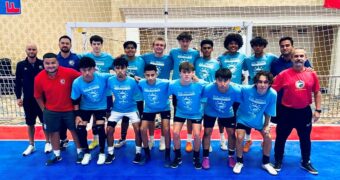
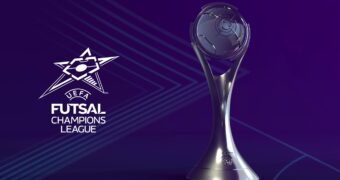
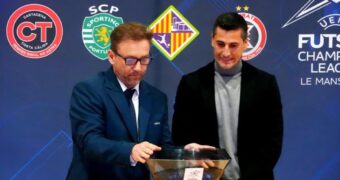
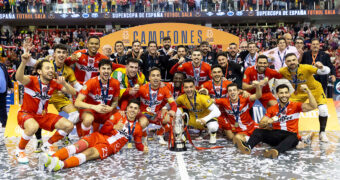
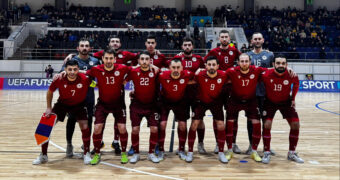
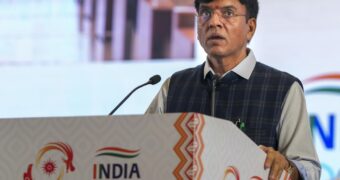
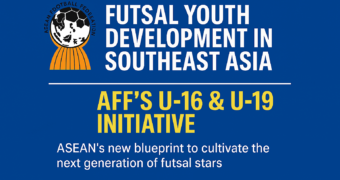


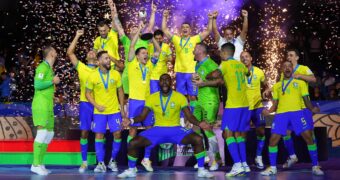



![Validate my RSS feed [Valid RSS]](https://www.futsalfocus.net/wp-content/uploads/2020/01/valid-rss-rogers.png)

